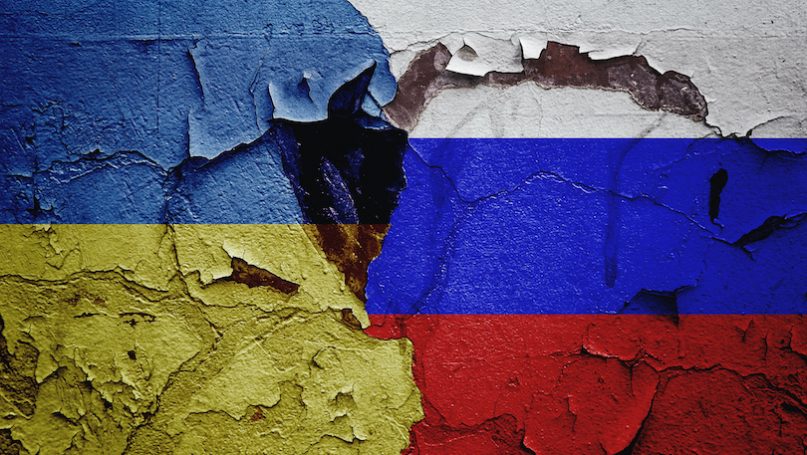Gauges measuring sentiment in the private sector fell in six of seven sub-Saharan African economies tracked in March, as supply disruptions from Russia’s invasion of Ukraine fan prices.
According to a Bloomberg report yesterday, the war has exacerbated trade shocks caused by the coronavirus pandemic and extreme weather. Prices of items such as sunflower oil, crude, fertiliser and wheat have soared since it began.
- Nigerians contributed over 1, 200 COVID-19 researches in 2 years – Coalition
- Religious manipulation reason for conflict in Nigeria – Minister
In Kenya, the latest purchasing managers’ index compiled by S&P Global and Stanbic Bank points to near-unprecedented surges in input costs and output charges that were often a direct result of the conflict.
These price pressures meant many customers chose to reduce spending, leading to a smaller increase in sales across the private sector in the East African country, business output contracting for the second time in three months and confidence in future activity falling to the lowest level in the study’s history, the companies said in a statement.
Business sentiment in six sub-Saharan African economies fell in March
In Ghana, where inflation is already at a near six-year high, cost pressures led to weak demand and prompted firms to scale back on purchasing activity, S&P Global said. The rate of decline in output, a sub-component of the index, was among the steepest in the series’ history, surpassed only by those seen during the onset of the COVID-19 pandemic in March and April 2020.
South Africa’s PMI was the only one of the economies surveyed that didn’t decline in March, spurred by an uptick in private-sector employment. However, the improvement masked a worsening of price and supply risks in Africa’s most industrialised economy, with business confidence in future activity weakening to a seven-month low.
Pricing data in South Africa “Pointed to the second-fastest rise in output charges in the survey’s near 11-year history, as firms saw a substantial rise in costs arising from higher fuel and material prices,” S&P economist, David Owen said.
Such price risks may place further pressure on central banks to raise interest rates and for governments to introduce measures to mitigate soaring costs. Ghana hiked its benchmark interest rate by 250 basis points in March, South Africa cut its fuel tax for two months and Zambia waived a 15% wheat-import duty.

 Join Daily Trust WhatsApp Community For Quick Access To News and Happenings Around You.
Join Daily Trust WhatsApp Community For Quick Access To News and Happenings Around You.


